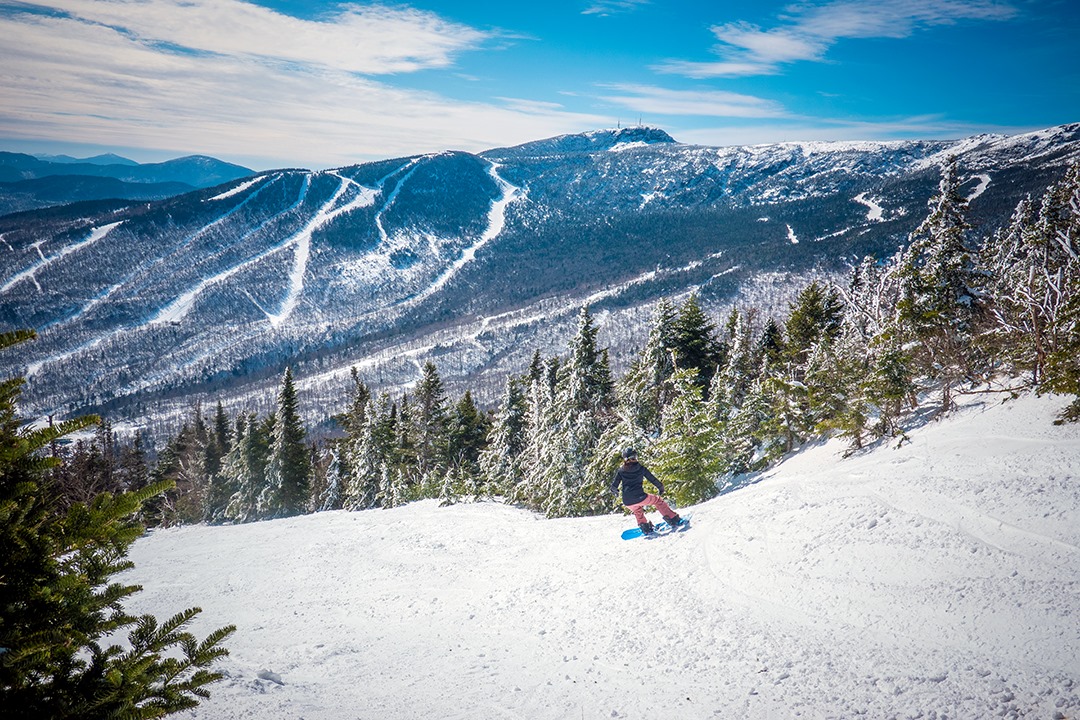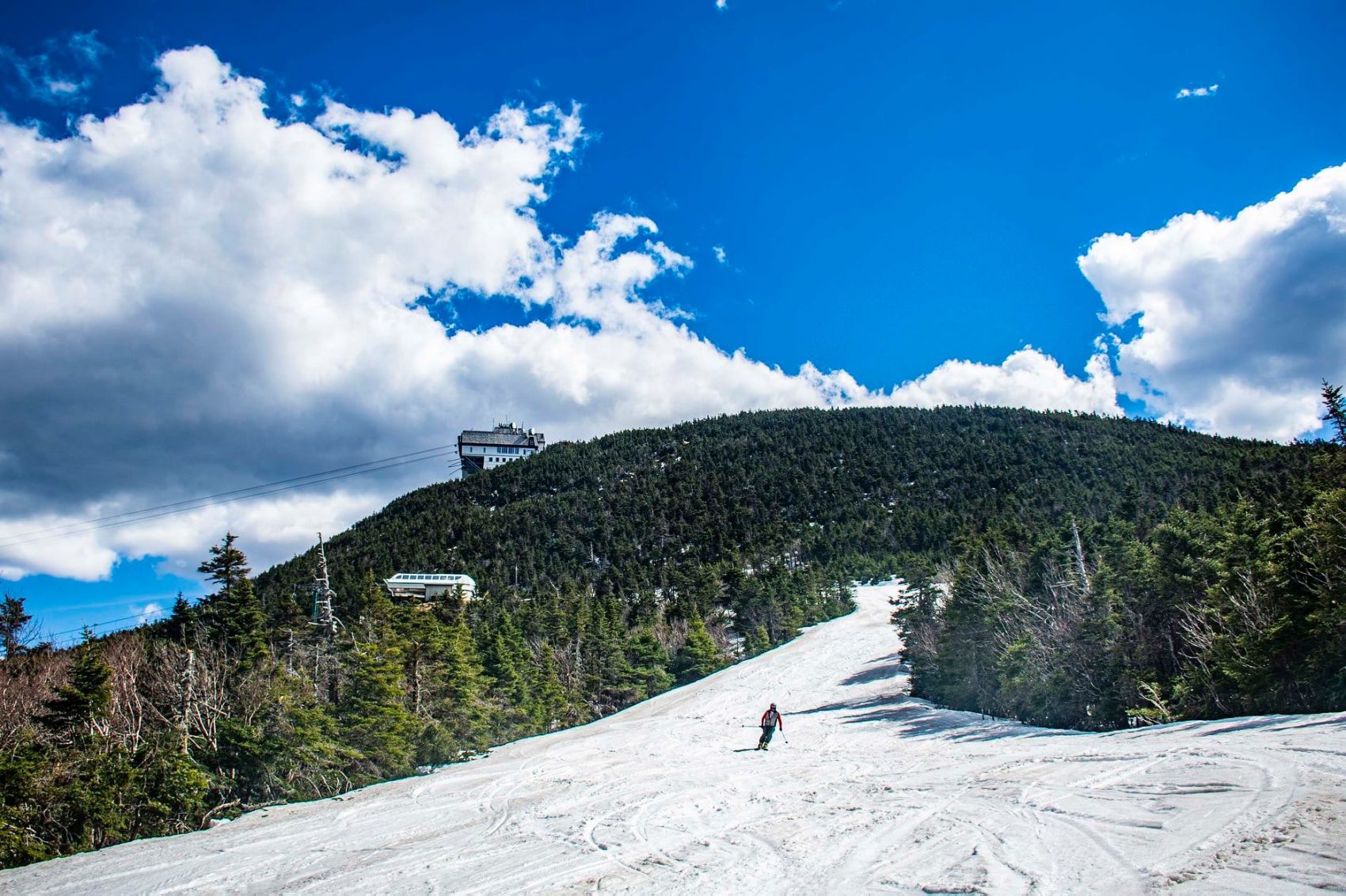
With the rapid distribution of the vaccine, most regions within the US are starting to see a drop in Covid-19 cases and a rise in economic growth. But for the Vermont ski industry, it is hard to look past the recent numbers published by the Vermont Ski Areas Association.
According to the Vermont Ski Areas Association, the Covid-19 pandemic has caused a loss of $100 million in revenue from the state’s $1.6 billion ski industry this season.
But lift tickets alone did not cause this much damage. Magic Mountain is a prime example, having a 25% decrease in paid visits to their resort in addition to a 40% decrease in food and beverage sales. According to Magic Mountain, food and beverage make up a third of their revenue, making that 40% decrease seem even that much larger.
Overall, the Vermont Ski Areas Association has estimated that overall, lodging is down 60%, food and beverage is down 70%, and paid skier visits are down 40%. This makes sense as many resorts have had to rely on their local crowds this season, who are not as likely to use food and beverage services and overnight accommodations.
Molly Mahar, president of the Vermont Ski Areas Association, said in a statement last week that,
“The federal border closure and the state’s travel restrictions were a big reason for the large declines in day ticket sales and lodging revenue while indoor capacity and gathering limits hurt food and beverage and ski school.”
Vermont saw low cases throughout the pandemic due to strict travel and quarantine regulations for people traveling from outside of the state, which is, unfortunately, where an estimated 75% of people travel from when looking to ski in Vermont.
Northern Vermont resorts such as Jay Peak also saw heavy losses this season due to the US–Canada border being closed. For resorts such as Jay Peak, Canadians make up a large percentage of visitors, which has been reduced to zero. The effects of this are most apparent in the fact that, unlike most resorts, Jay Peak did not require any advance lift ticket purchases or a reservation system this season.
With many ski resorts in Vermont just barely able to stay afloat after a year of Covid, it is imperative that next season is different and that ski resorts can return to normal. With the current trajectory of the pandemic in the US and continued vigilance from people, that goal looks attainable.
